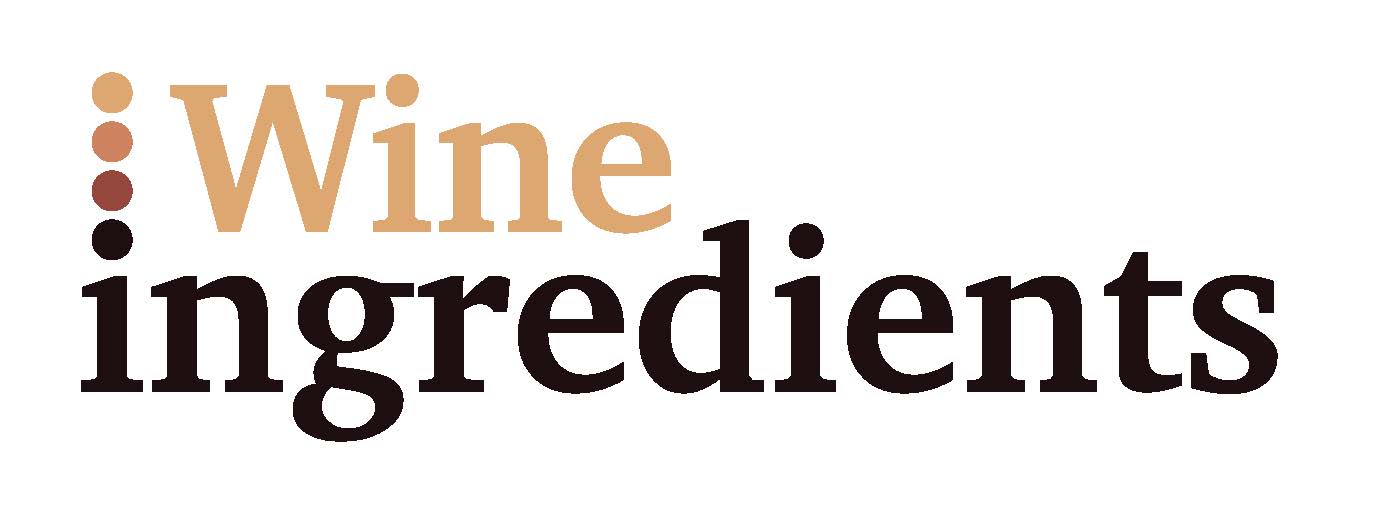Background
On 31 March 2025 FIVS, an international federation representing the global wine sector, issued a press release urging governments to keep wine out of trade disputes that have nothing to do with the sector. FIVS warned that tariffs and threatened tariffs on wine and wine‑related products benefit no one. They raise costs for consumers and producers at every level of the supply chain, disrupt established trade channels, and sow economic uncertainty that can lead to deferred investment, layoffs, and price increases.
In its release, FIVS highlighted wine’s long history of international trade and its unique connection to place. Around 45 % of wine sold in 2023 was consumed outside its country of origin according to the International Organisation of Vine and Wine, and the volume of global wine trade has grown roughly 40 % over the past 25 years. Because wine is tied to specific regional terroirs, production cannot simply move to another country to avoid tariffs. Restricting trade through higher duties therefore undermines the diversity and accessibility of wine and the livelihoods of everyone from grape‑growers and vintners to suppliers and retailers.
ESO’s Position
ESO echoes the concerns expressed by FIVS, the Wine Institute and the CEEV. We urge policymakers to:
- Keep wine out of unrelated trade disputes. Wine should not be used as a bargaining chip in policy conflicts unrelated to our sector. Using wine as leverage in other disputes risks undermining one of the world’s most culturally significant beverages and diminishes consumer choice.
- Protect open and stable supply chains. Increased tariffs disrupt long‑standing supply channels for enological materials and finished wines, delay investment and reduce access to vital winemaking supplies. Stable, transparent trade policies help ensure continuity of supply and allow producers and suppliers to plan for the long term.
- Recognise wine’s connection to place. Wine is inherently tied to the grape varieties, soils and climates of particular regions. Production cannot simply be relocated to avoid trade barriers. Tariffs therefore harm farmers, vintners and consumers who value the diversity of wines from around the world.
Commitment to the Industry
ESO remains committed to supporting a fair and functional global market for wine and winemaking materials. We will continue to work with our partners to advocate for policies that safeguard the diversity and cultural significance of wine while maintaining open, stable and predictable trade channels. We also encourage our members and customers to stay informed and to reach out with questions or product‑specific concerns.
For more information on the FIVS release, please visit FIVS’s official website, and for questions about ESO products, contact your ESO representative.






